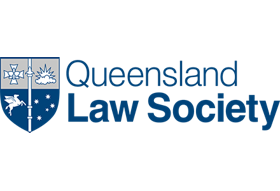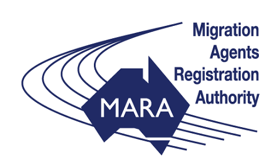Troubling 457 visa criteria that can end your transition to permanent residency
A drafting error I discovered in the Migration Regulations 1994 (Cth) ('the Regulations') could have disastrous consequences for present and ex-457 visa holders seeking to transition to permanent residency via the Employer Nomination Scheme (subclass 186) visa.
The error is found in subparagraph 457.223(4)(ba)(ii) of Schedule 2 of the Regulations, which states.
(ii) each of the following applies:
(A) the applicant is employed to work in the nominated occupation;
(B) if the person who made the approved nomination met paragraph 2.59(d) or (e), or paragraph 2.68(e) or (f), in the person's most recent approval as a standard business sponsor, the applicant is employed to work in a position in the person's business or in a business of an associated entity of the person;
(C) if the person who made the approved nomination met paragraph 2.59(h), or paragraph 2.68(i), in the person's most recent approval as a standard business sponsor, the applicant is employed to work in a position in the person's business.
Sub-subparagraph (B)
The paragraphs quoted at sub-subparagraph (B) (2.59(d)-(e) and 2.68(e)-(f)) refer to an applicant operating a business in Australia. f the applicant is operating a business in Australia, the applicant will satisfy this sub-subparagraph (B).
Sub-subparagraph (C)
Conversely, the paragraphs quoted at sub-subparagraph (C) (2.59(h) and 2.68(i)) refer to an applicant operating a business outside Australia. If the applicant is operating a business outside Australia, the applicant will satisfy this sub-subparagraph (C).
It follows that sub-subparagraphs (B) and (C) are mutually exclusive.
An applicant may have only one standard business sponsorship approval at any given time. Hence, an applicant cannot satisfy simultaneously the criteria applicable to businesses in Australia and the criteria applicable to businesses outside Australia.
Hence, an applicant can never satisfy each of (A), (B) and (C) as is stated at subparagraph (ii) above.
How does this impact visa holders seeking to transition to permanent residency via the Employer Nomination Scheme (subclass 186) visa?
There are two issues in my opinion.
The first issue concerns the grant of the 457 visa.
If the visa holder did not satisfy subparagraph 457.223(4)(ba)(i), the visa holder could never satisfy subparagraph 457.223(4)(ba)(ii) owing to defective drafting. The outcome in that situation should have been a visa refusal.
If the visa should have been refused, how will the Department of Home Affairs now treat present 457 visa holders impacted by this drafting error?
The second issue concerns the employer nomination for a permanent position.
An employer who proposes to nominate a nominee for a permanent position/186 visa must satisfy the criteria under reg 5.19 of the Regulations.
Subregulation 5.19(5) relevantly states:
Temporary Residence Transition stream—additional requirements for approval
(5) If the nomination relates to a visa in a Temporary Residence Transition stream, the following requirements must also be met:
(a) at the time the application is made, the identified person holds:
(i) a Subclass 457 (Temporary Work (Skilled)) visa granted on the basis that the person satisfied the criterion in subclause 457.223(4) of Schedule 2 as in force before 18 March 2018;
As stated above, if the visa holder did not satisfy subparagraph 457.223(4)(ba)(i), the visa holder could never satisfy subparagraph 457.223(4)(ba)(ii) owing to defective drafting. The outcome in that situation should have been a visa refusal.
If the visa should have been refused, how will the Department of Home Affairs now treat present 457 visa holders impacted by this drafting error?
I have a case currently before the Department of Home Affairs that is impacted by this drafting error.
If you are a 457 visa holder or employer that could be impacted by this drafting error, you should seek professional advice from an immigration lawyer.
This insight will be updated as more information comes to light.



